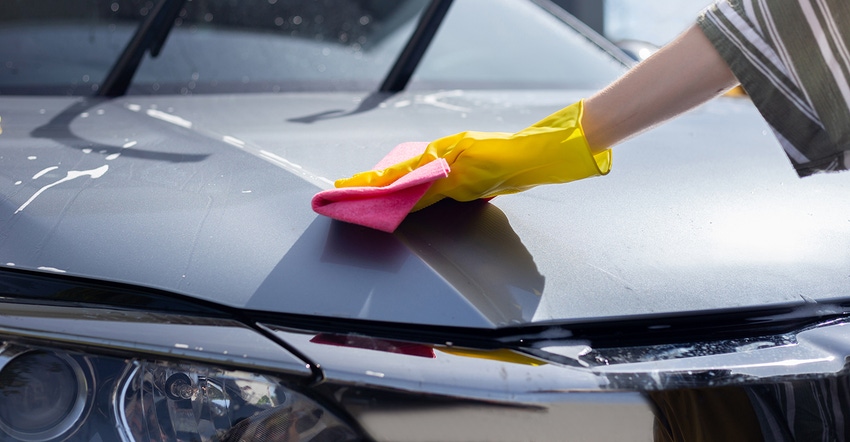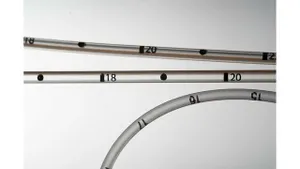Covestro Launches TPU Paint Protection Film, Brings New Capacity Online
The new manufacturing asset in Taiwan will focus on production of Desmopan UP grades for deployment in the automotive and renewable energy sectors.
May 22, 2023

German materials manufacturer Covestro has inaugurated a new production line for high-performance thermoplastic polyurethanes (TPUs) used in paint protection films (PPFs). The new facility is located at the company’s existing site in Changhua, Taiwan.
At the inauguration of the new line, the company also launched its new Desmopan UP TPU series. UP stands for “ultimate protection.” The series delivers durability, adaptability, and aesthetics, protecting automotive surface coatings from harsh environmental conditions. The material can also be used to protect wind blades or smart device screens.
The global PPF market is projected to grow steadily through 2030, with the Asia-Pacific region accounting for the largest share of the overall market. The expected growth in that region is driven in large part by the growth of the Chinese market. At the same time, North America and Europe also are showing solid growth projections.
High interest in the material stems mostly from increasing attention of vehicle owners on the aesthetic condition of vehicles, and particularly their surfaces. TPU is a performance benchmark in PPF when it comes to quality, long-term aesthetics, and surface integrity. Covestro is one of the largest international suppliers of TPU resins for PPF production.
The choice of materials and formulations for PPF plays a decisive role in performance. Covestro has funneled years of research efforts into formulations and advanced manufacturing technologies to build the basis for Desmopan UP-based TPUs to deliver superior UV durability, hydrolysis, and chemical resistance, as well as optical clarity. These properties ensure long-lasting performance, weather resistance, and impact resistance. In addition, Desmopan UP allows PPF to adapt to the complex designs and surfaces of different vehicles quickly and easily.
About the Author(s)
You May Also Like




